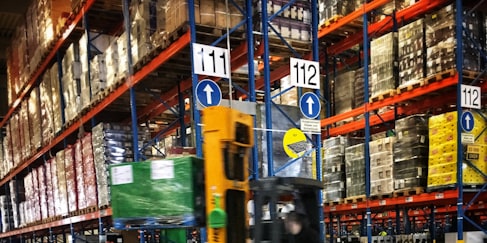
In its latest Stop Loss publication, London P&I Club analyzed problems associated with the transportation of coal in bulk, such as self-heating and flammable gas (i.e. methane) release. Self-heating can lead to fires and the production of carbon monoxide (CO), whilst methane release can lead to an explosive atmosphere being generated in the hold.
Self-heating normally occurs in localised hot spots within a bulk cargo, and temperature measurements are unlikely to identify problems. However, when...
https://safety4sea.com/how-to-prevent-self-heating-of-coal-cargo/

